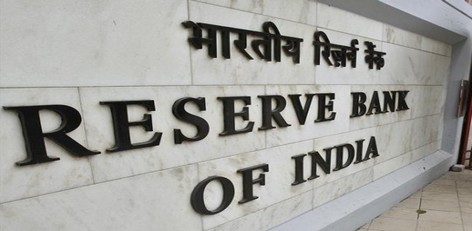
RBI Cracks Down on Cash Loans in Gold-backed Lending: Warning to NBFCs Sparks Market Concerns!

India`s central bank has issued a stern warning directed at specific non-bank lenders, advising them against extending cash loans surpassing the permissible limit of 20,000 rupees ($240). The directive comes as a response to the proliferation of large cash disbursements to borrowers leveraging gold as collateral, following recent regulatory actions taken against IIFL Finance, the nation`s second-largest gold loan provider, for breaching cash disbursal regulations among others.
The retail credit landscape in India has witnessed a significant expansion, particularly evident in the threefold increase in loans secured against gold over the past four years. However, a concerning trend has emerged wherein a substantial portion of these gold-backed loans has been distributed in cash, as revealed by various anonymous sources due to constraints on speaking to the media without authorization.
India`s regulatory framework prohibits lenders from extending cash loans exceeding 20,000 rupees to clients, aligning with income tax regulations. Despite these restrictions, non-bank finance companies (NBFCs) have been circumventing the rule by offering substantial cash loans and mandating customers to sign indemnity agreements assuming responsibility for potential income tax repercussions.
In response to this concerning trend, the Reserve Bank of India (RBI) has escalated its surveillance of non-compliant lenders, prioritizing the protection of customer interests and the mitigation of systemic risks. Citing Section 269SS of the Income Tax Act, 1961, which restricts individuals from receiving cash loans exceeding 20,000 rupees, the RBI has emphasized that NBFCs must refrain from disbursing loan amounts beyond this threshold in cash.
Non-bank lenders specializing in gold-backed loans have encountered intense competition from smaller market players, leading them to undertake risky practices such as exceeding cash disbursement limits. The central bank`s advisory has subsequently triggered declines in the stock prices of gold loan financiers such as Muthoot Finance and Manappuram Finance.
Amit Khurana, the head of equities at Dolat Capital, suggests that the RBI`s initiative likely seeks to combat the proliferation of unaccounted wealth within the financial system and close any existing loopholes exploited by certain NBFCs concerning income tax regulations.







